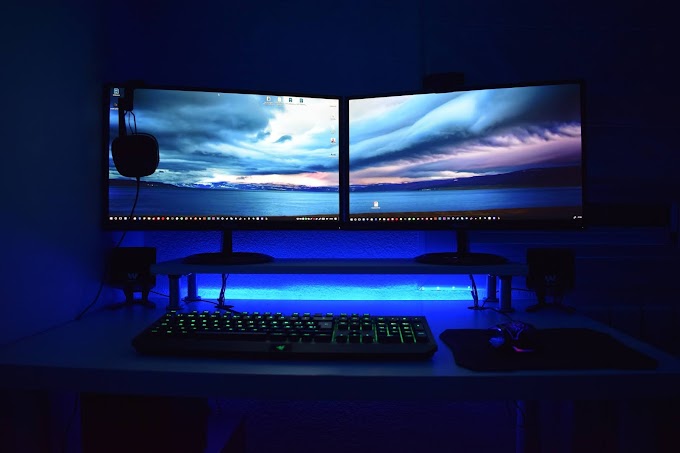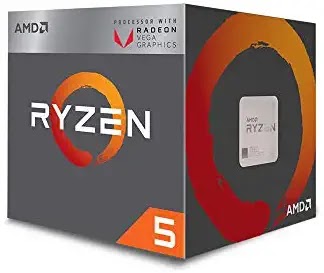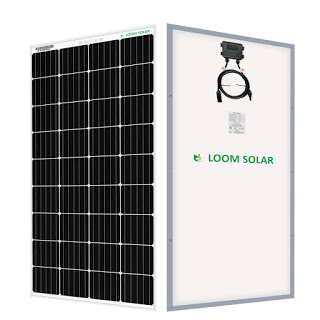Top 5 Best Graphics Cards for 4k Gaming - Nvidia
Here are some of the best Graphics cards from Nvidia which are highly recommended for Gaming, and editing like video or Graphic. These Graphics cards are the top 5 geekbench from Nvidia.
These cards are capable of 8K and 4K Gaming at different Frames per Second(fps) and are also compatible with most system settings. The mentioned cards are the top Geekbench-scoring Graphics cards.
Note- The mentioned GPUs are benchmark-based.
Nvidia
Nvidia Graphics cards are said to be one of the most powerful cards with their advanced technology. Nvidia graphics cards support G-SYNC, allowing systems to control their frame rate as per system and manage smooth gameplay. Also, they provide a great gameplay environment, through which a gamer can control graphics settings as needed.
Also see, AMD's Top 5 Graphics card
1. RTX 4090
It's the top graphics card currently available, with whooping performance and all-new rendering technology.
GPU Architecture-
- Ada Lovelace 83 TFLOPS
- Nvidia Encoder 2x 8th Gen
- CUDA cores 16384
Clock Speed-
- The base clock is 2.23 GHz
- And the boost clock is 2.52 GHz
VRAM(Video RAM)-
- The standard memory is 24 GB GDDR6X
- Memory interface width is 384 bit
Benchmark-
- with DLLS 130 to 140fps
- without DLLS average is 60fps
- Also, it ranked top 1 in all the graphics card benchmark
Other Features-
This graphics card can support a maximum resolution of up to 4K, and 8K and a refresh rate of 240Hz and 60Hz respectively, and as well it supports HDR. RTX 4090 card consumes power while idle 19W, average gaming would consume 315W, and maximum power at the peak would consume around 450W.
2. RTX 4080 super
GPU Architecture-
- Ada Lovelace 52 TFLOPS
- Nvidia Encoder 2x 8th Gen
- CUDA cores 10240
Clock Speed-
- The base clock is 2.29 GHz
- And the boost clock is 2.55 GHz
VRAM(Video RAM)-
- 16GB DDR6X standard
- memory interface 256bit
Benchmark-
- 60fps to 65fps is average
- can go up to 90fps to 110fps at 4k
- as well it got ranked 2nd in the benchmark
Other Features-
The RTX 4080 Super can handle maximum resolution up to 8K and 4K with frame rates 240Hz and 60Hz respectively with HDR. Moreover, this card can handle up to 4 monitors. When GPU is idle it consumes around 15 watts, while an average gaming it would consume up to 246W and a maximum of 326W. Moreover, you can visit our Best Monitor blog.
3. RTX 4080
GPU Architecture-
- Ada Lovelace 49 TFLOPS
- Nvidia Encoder 2x 8th Gen
- CUDA cores 9728
Clock Speed-
- 2.21 GHz is Base clock speed
- 2.51 GHz is Boost clock speed
VRAM(Video RAM)-
- standard memory is 16GB
- the memory interface is 256bits
Benchmark-
- The average frames per second is 180
- as high as 240fps it scored while the user testing
- and it got 3rd rank in terms of GPU ranking
Other Features-
This model almost supports the same specifications as the 4080 super model regarding display resolution and refresh rate. It slightly differs in terms of power consumption idle energy it would consume is 13, less than the super model and the average energy it would consume is 251, the maximum it would consume same as the 4080 super model.
4. RTX 4070 TI super
GPU Architecture-
- Ada Lovelace 44 TFLOPS
- 2x 8th Gen Nvidia Encoder
- Cuda cores 8448
Clock Speed-
- 2.34GHz base clock
- 2.61 GHz boost speed
VRAM(Video RAM)-
- 16GB GDDR6X
- The memory interface is 256bit
Benchmark-
- Average 165fps at 1440p
Other Features-
The display it supports is the same as the RTX 4090, 4k at 240Hz and 8K at 60Hz. It can handle up to four monitors simultaneously. The power requirement for a 4070 Ti super is 285W, the idle energy required is 12W and the average is 226W.
5. RTX 4070 Ti
GPU Architecture-
- Ada Lovelace 40 TFLOPS
- 2x 8th Gen Nvidia Encoder
- It has 7680 CUDA cores
Clock Speed-
- The base clock is 2.31GHz
- The boost clock is 2.61GHz
VRAM(Video RAM)-
- 12GB GDDR6X
- Memory interface 192bit
Benchmark-
- At 1440p, the average fps is 90.
- It performs well while gaming as compared to 3070.
Other Features-
The maximum display resolution it can support is 8k at 60Hz; at the high refresh, it supports up to 240Hz at 4K and HDR. This desktop would require a power capacity of 700W plus, but at idle, average gaming, and at max. load it is the same as the RTX 4070 Ti super variant.















.jpg)
0 Comments